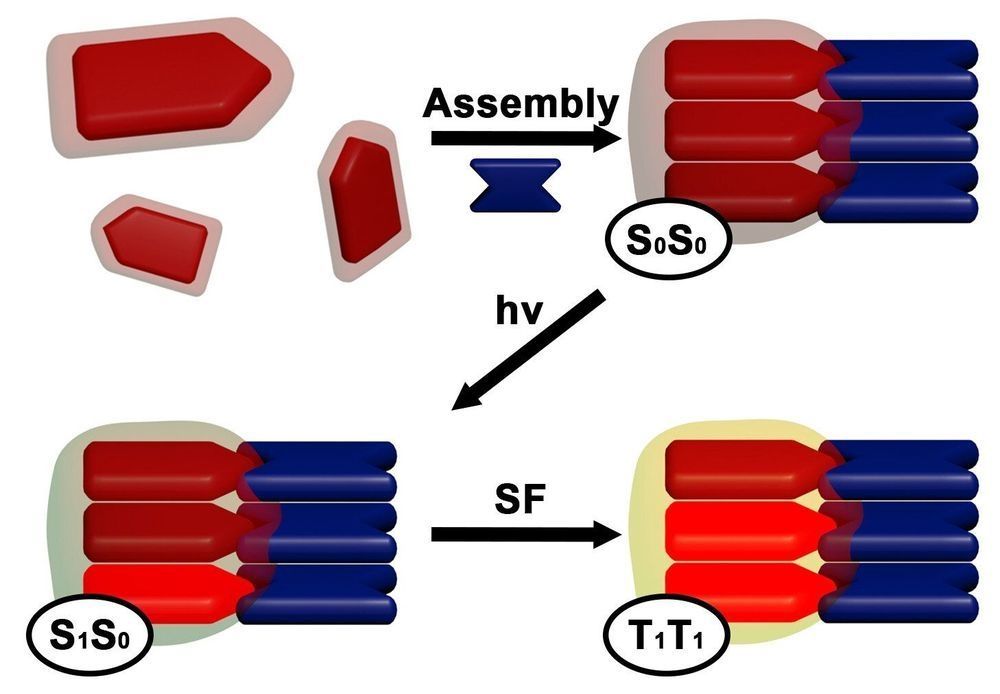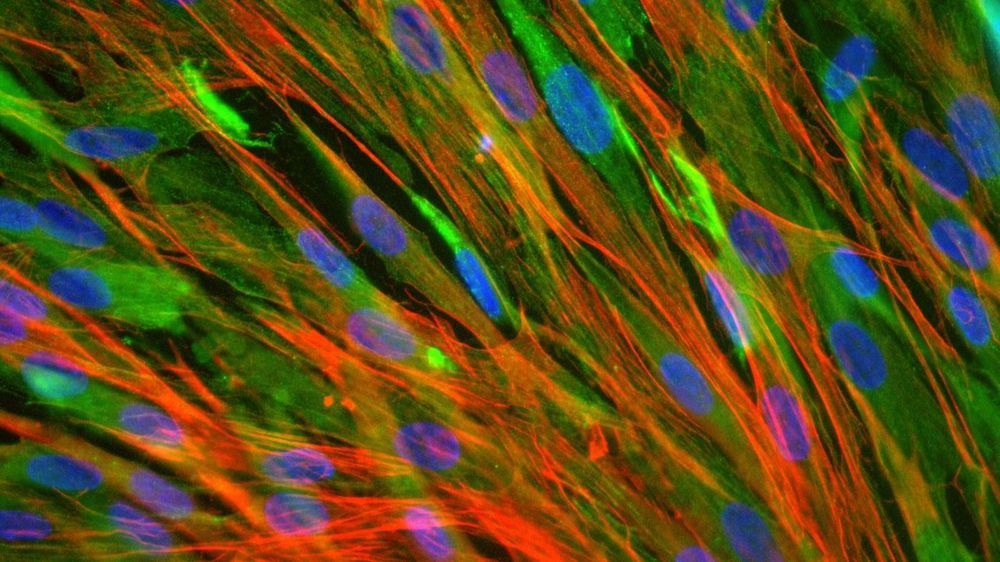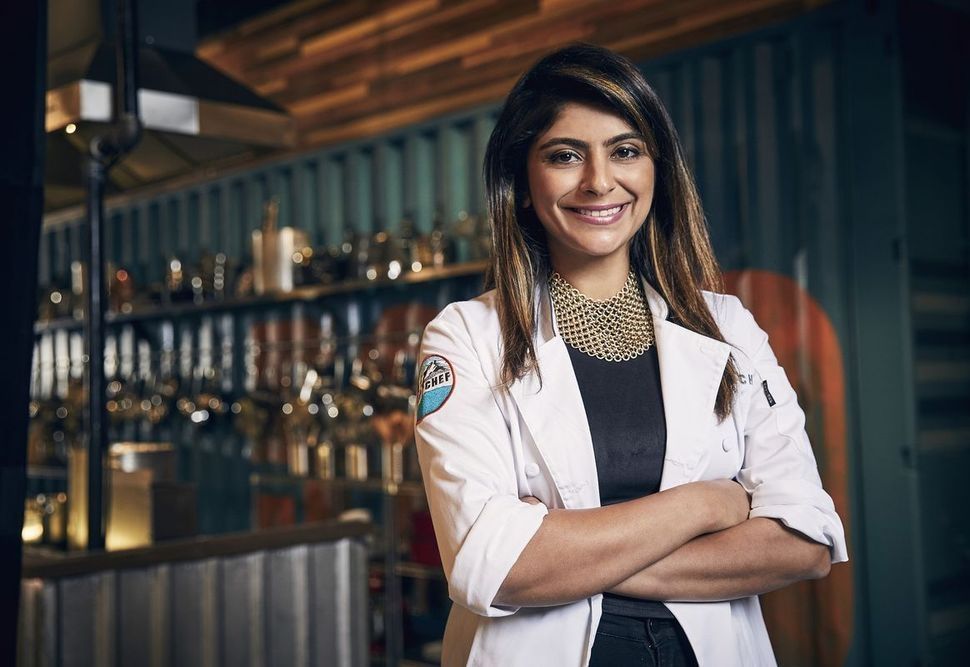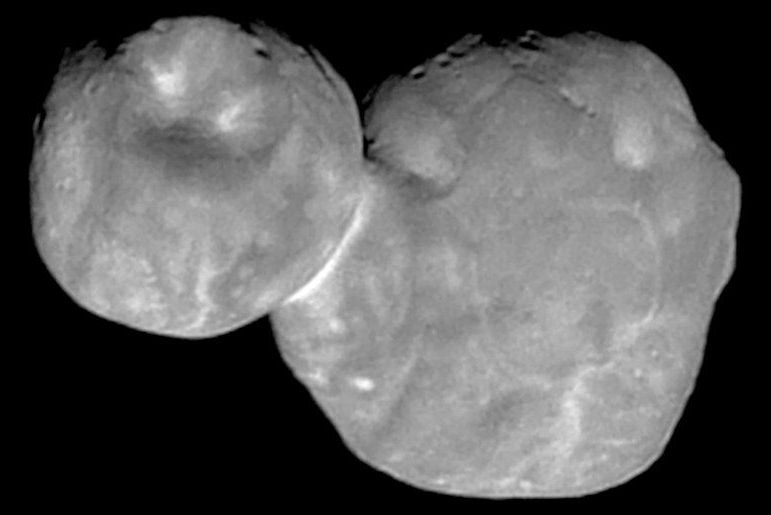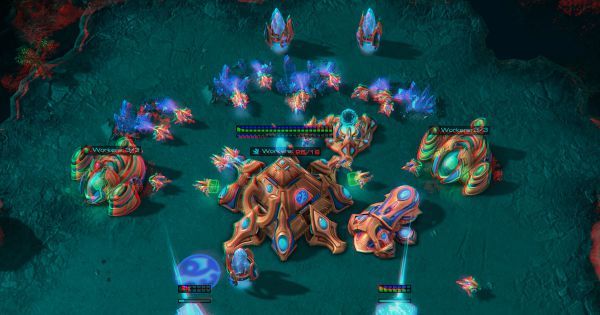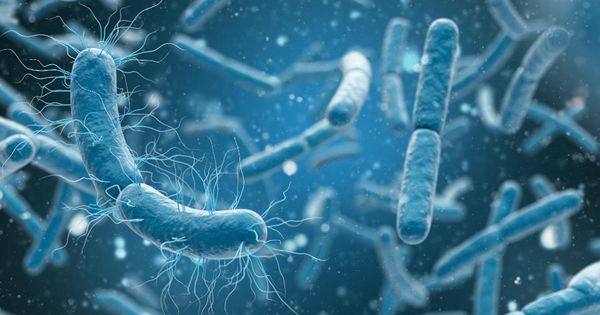Solar rays are a plentiful, clean source of energy that is becoming increasingly important as the world works to shift away from power sources that contribute to global warming. But current methods of harvesting solar charges are expensive and inefficient—with a theoretical efficiency limit of 33 percent. New nanomaterials developed by researchers at the Advanced Science Research Center (ASRC) at The Graduate Center of The City University of New York (CUNY) could provide a pathway to more efficient and potentially affordable harvesting of solar energy.
